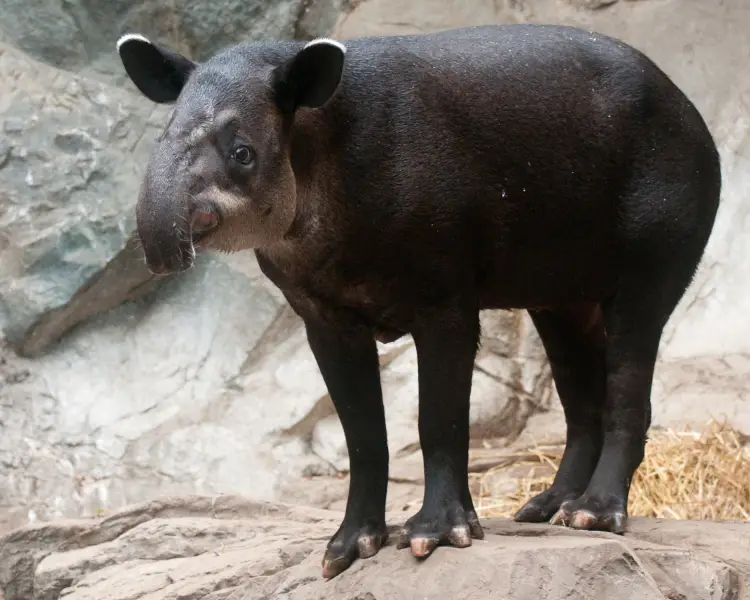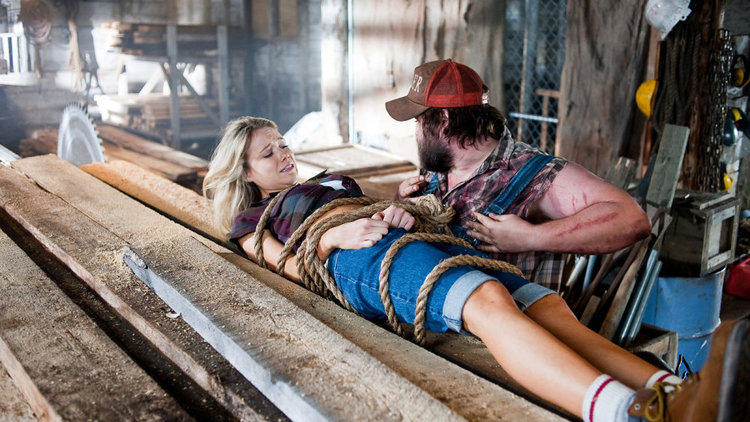Exploring the Enigmatic World of American Animals: Meet Spencer

The vast and diverse landscape of the United States is home to an astonishing array of wildlife, each species adding its unique charm to the country’s ecological tapestry. Among these fascinating creatures, one stands out with its captivating presence and enigmatic nature – Spencer, the American animal that has captured the hearts of both locals and wildlife enthusiasts worldwide.
Spencer: Unraveling the Identity
Who is Spencer? This question often arises when people hear about this mysterious American animal. Spencer is not a specific species but rather an umbrella term used to describe a range of elusive creatures that inhabit the American wilderness. These animals, renowned for their intelligence and cunning nature, include wolves, foxes, and even some crafty domesticated pets like raccoons and ferrets. Spencer, in essence, represents the essence of resourcefulness and adaptability found in various American wildlife.
The Canine Cousins: Wolves and Foxes
Two prominent members of the Spencer family are wolves and foxes. Wolves, majestic creatures known for their pack mentality and haunting howls, once roamed vast areas of North America. Although their numbers have significantly decreased, conservation efforts have aided in preserving these iconic animals in certain regions.
Foxes, on the other hand, are smaller but equally cunning and adaptive. With their bushy tails and distinctive coats, they have the ability to thrive in both rural and urban environments. Their ability to adapt has made them a symbol of resilience and survival in the face of changing landscapes.
Raccoons: The Masked Mischief-Makers
Among the other members of the Spencer clan are raccoons, those bandit-faced tricksters that have become a familiar sight in both urban and suburban settings. Their inquisitive nature and nimble paws make them excellent problem solvers, often leading to both amusing encounters and occasional challenges for homeowners.
Ferrets: The Playful Prowlers
Ferrets, with their elongated bodies and mischievous personalities, are also part of the Spencer group. Originally domesticated for hunting purposes due to their remarkable ability to catch rodents, ferrets have won the hearts of many as beloved pets. Their playful antics and boundless energy bring joy to those who share their lives with these spirited creatures.
Preserving Spencer’s World: Conservation Challenges
While the Spencer family captivates and entertains us, their survival is not without challenges. Habitat loss, human-wildlife conflicts, and climate change pose significant threats to these resilient animals. Conservation efforts have become vital in ensuring the continuity of Spencer’s legacy in the American wilderness.
Appreciating Spencer: Ecotourism and Education
To foster a deeper understanding and appreciation for Spencer and its diverse members, ecotourism and educational initiatives have gained momentum. Observing these creatures in their natural habitats, through responsible ecotourism practices, not only helps local economies but also raises awareness about the importance of wildlife preservation.
The Future of Spencer: A Shared Responsibility
The future of Spencer and its diverse members lies in the hands of humans. As stewards of the environment, it is our shared responsibility to protect and preserve the habitats that sustain these remarkable creatures. Supporting conservation organizations, participating in community initiatives, and advocating for wildlife-friendly policies are some of the ways we can contribute to Spencer’s welfare.
In Conclusion: Spencer, an Emblem of America’s Wildlife Heritage
Spencer, the mysterious and diverse American animal, represents the untamed spirit of the United States’ wildlife heritage. Whether it’s the iconic wolves and foxes roaming the wilderness or the mischievous raccoons and playful ferrets brightening up our neighborhoods, each member of the Spencer family brings something unique to the natural world. By appreciating and protecting these animals, we ensure that future generations will continue to marvel at the wonders of Spencer and the rich biodiversity it embodies. Let us embrace our role as custodians of nature and work together to safeguard Spencer’s legacy for generations to come.






